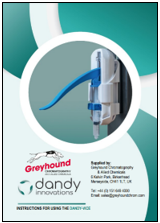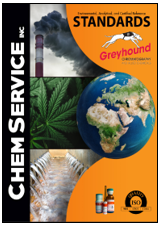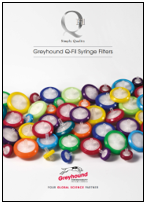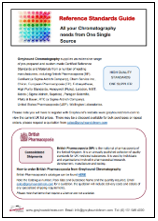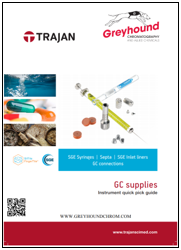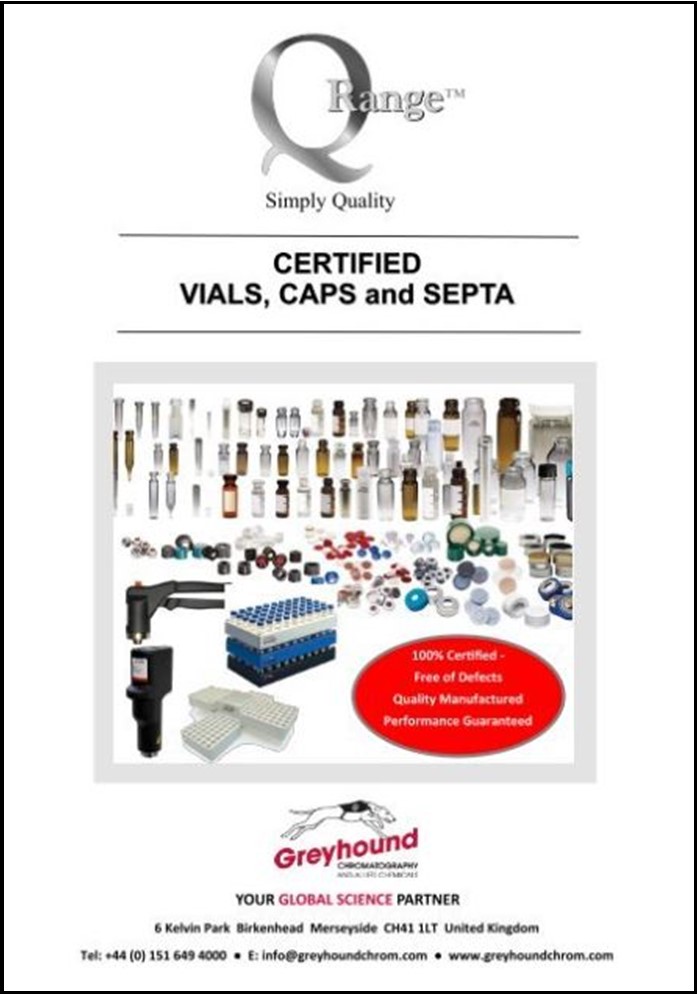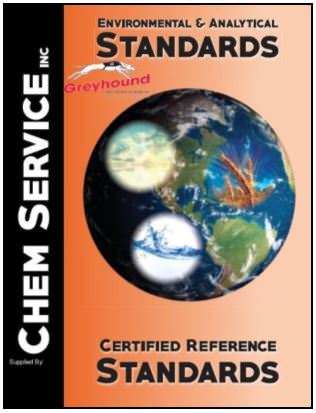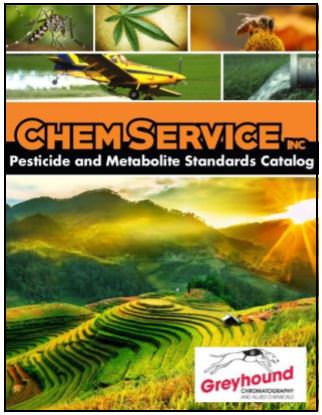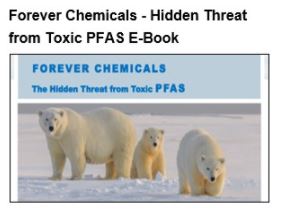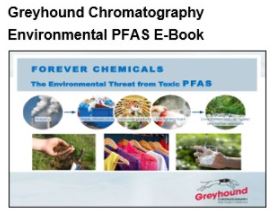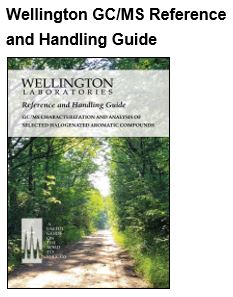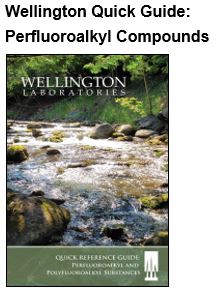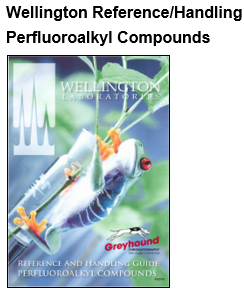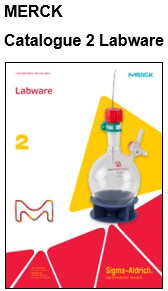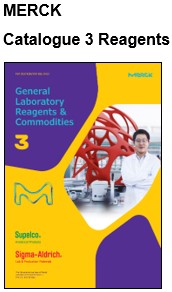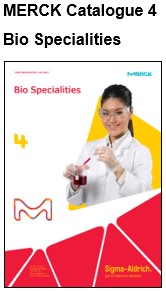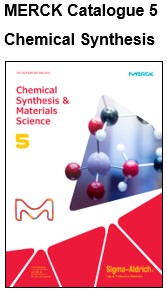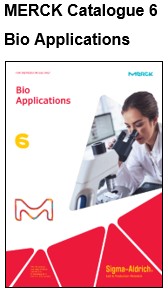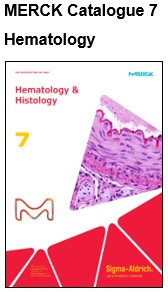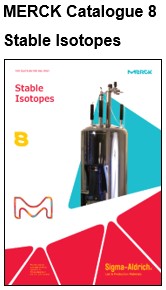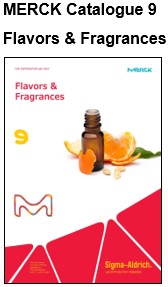Study links styrene and chromium in air pollution to autism
In the U.S., there are many sources of air pollution. Greenhouse gases are particulates that are found in vehicular emissions, factory exhaust and the cumulative waste excreted from factory farm livestock. Regardless of the source, reduction of air pollution is essential to the long-term health of citizens because chemical compounds in the air have been linked to several chronic diseases, including asthma.
Now, there is evidence suggesting that air pollution is not only harmful to people, but also to developing fetuses. Specifically, styrene, chromium and other airborne toxins have been tied to the growing prevalence of autism spectrum disorders, as presented before the American Association for Aerosol Research's annual meeting.
What are sytrene and chromium?
According to the U.S. Environmental Protection Agency, styrene is a compound that is used in the manufacturing of resins and polystyrene plastics. The authors of the new study noted that styrene is released into the air during the combustion of gasoline. Experts from the EPA assert that acute exposure to styrene may cause irritation to the mucus membranes and eyes, as well as gastrointestinal problems. Chronic exposure to styrene may lead to headache, fatigue, problems with the central nervous system and other issues. Meanwhile, chromium is a heavy metal that can enter the atmosphere as a byproduct of power plant operations and the process through which steel is hardened.
To understand the link between these and other components of air pollution and the prevalence of ASD, a team of scientists from the University of Pittsburgh Graduate School of Public Health interviewed 217 families that included children with autism who were born between 2005 and 2009. All participating parents, who lived within six specific counties in Pennsylvania, completed a copy of the National Air Toxics Assessment, which measured their exposure to 30 air pollutants during pregnancy as well as during the first two years of their children's lives.
Results suggested that the higher levels of exposure to styrene and chromium were linked to a risk increase of ASD between 1.4 and 2 times higher than normal. This trend became apparent after controlling for factors such as maternal age, maternal smoking, levels of education attainment and race.
The risk of ASD also went up with levels of arsenic, cyanide, methanol and methylene chloride, but because these chemical compounds are often found in combination with each other, more research is needed to determine which of them actually makes an impact.
"This study brings us a step closer toward understanding why autism affects so many families in the Pittsburgh region and nationwide – and reinforces in sobering detail that air quality matters," Grant Oliphant, president of The Heinz Endowments, which funded the study, said in a statement. "Our aspirations for truly becoming the most livable city cannot be realized if our children's health is threatened by dangerous levels of air toxics. Addressing this issue must remain one of our region's top priorities."
"The next step will be confirming our findings with studies that measure the specific exposure to air pollutants at an individual level to verify these EPA-modeled estimates," added principal investigator Evelyn Talbott, Dr.P.H.
Why is autism becoming more prominent?
About 1 in 68 children in the U.S. are born on the spectrum of ASD, which is an eightfold increase over the course of 20 years. The authors of the new study asserted that this increase in prevalence is only partially attributable to increased public awareness and improvements in diagnostic practices, suggesting that environment can play a factor.
According to the U.S. Centers for Disease Control and Prevention, the development of ASD is also influenced by genes, certain prescription drugs taken during pregnancy and advanced parental age.
For over 30 years Greyhound Chromatography has been supplying high quality Chromatography consumables to laboratories around the world. Greyhound’s extensive range covers all areas of Environmental, Petrochemical, Food, Forensics, Chemical and Pharmaceutical analysis. Backed by a highly experienced technical services team, Greyhound is the preferred source amongst today’s analysts.
CONTACT US
Tel: +44 (0) 151 649 4000
Email: marketing@greyhoundchrom.com
FOLLOW US
YOU MAY ALSO BE INTERESTED IN OUR NEWSLETTER


